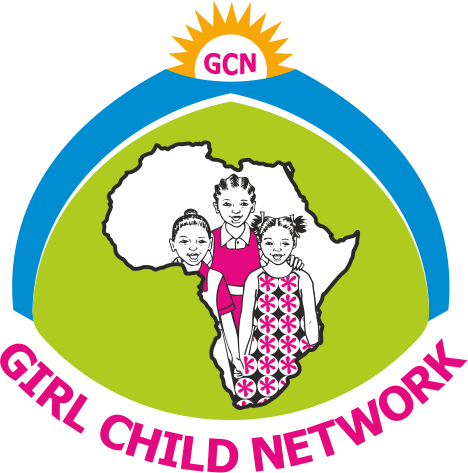Article By: Injob Project Staff
Injob & IIE Projects Inspiring Site Visit
Injob project site visit
We had the privilege of hosting a dynamic monitoring visit to the InJob Project site, led by the Christian Blind Mission (CBM) Community-Based Inclusive Development (CBID) Technical Advisors from South Africa, Germany, and the CBM Kenya Country Office. The team was joined by the Executive Director of Girl Child Network and the CBM Kenya CBID Programme Coordinator.
At the Girl Child Network head office, the project team presented progress updates highlighting activity-based achievements, project impact, lessons learned, best practices, challenges, mitigation measures, and unexpected outcomes. Following the presentation, the technical team emphasized the importance of documenting best practices and unexpected outcomes for sharing with stakeholders to foster learning and innovation.
A key highlight of the visit was a courtesy call to Mr. Ahmed, Chief Officer of Vocational Education and Training (VET) and Early Childhood Development (ECD). During the meeting, Mr. Ahmed reaffirmed his commitment to enhancing disability inclusion across eight Vocational Training Centres (VTCs). He pledged support for scaling up inclusive recruitment of instructors and institutional backing to ensure long-term impact.
The delegation also toured Old Mathari and Mathare VTCs, where accessible toilets and pathways have been constructed—a commendable step toward promoting equitable access for all. Through infrastructure improvements and capacity building for trainers, the InJob Project is strengthening the sector’s capacity to deliver quality and inclusive vocational training for youth with disabilities, driving systemic change at scale.
Additionally, the team visited the home of a trainee, providing a firsthand look at the transformative impact of inclusive skills development on household resilience. Engaging with the family, the trainee proudly shared her progress and the practical skills acquired through her institution, underscoring the life-changing outcomes of inclusive education.
The visit marked a significant milestone in our collaborative efforts to foster disability inclusion and improve vocational training for sustainable livelihoods.


IIE technical advisor – BMZ, site visit

Technical advisors from Christian Blind Mission (cbm) Germany, South Africa, and the Kenya Country Office, together with the Executive Director and staff of Girl Child Network, visited health clubs under the Improving Inclusive Education Project.
Learners have been learning basic sign language, including finger spelling, to communicate with their Deaf peers. This knowledge is shared with their parents, caregivers, and communities, enhancing awareness and support for persons with disabilities. Through this process, learners have developed social skills, agency, and built collective capacity to support persons with disabilities.
A roundtable meeting held with stakeholders from the Ministry of Health, the Ministry of Education, the Education Assessment Resource Center, Kajiado Central and Oloililai sub-counties, and the Deputy Director of Disability Mainstreaming reflected on how the project has strengthened the education and medical referral pathways. The operational multidisciplinary committee has supported increased enrolment of learners with disabilities.
The team joined a disability screening activity to witness the effectiveness of multidisciplinary coordination, where learners were assessed by occupational therapists, physiotherapists, and through audio screening. Final recommendations will be linked to the National Council for Persons with Disabilities for the issuance of disability certificates.
Community engagement remains vital. In the Engaboli community, the community facilitator and community health promoter facilitated discussions with leaders, parents, and caregivers on health, hygiene, disability prevention, and the importance of registration with NCPWD for school access and services.
The final visit to AIC Namanga Comprehensive School showcased accessible infrastructure, including one adapted latrine for learners with disabilities and three for learners without disabilities. These interventions affirm the project’s commitment to inclusive, accessible, and equitable education, empowering them for lifelong learning.








